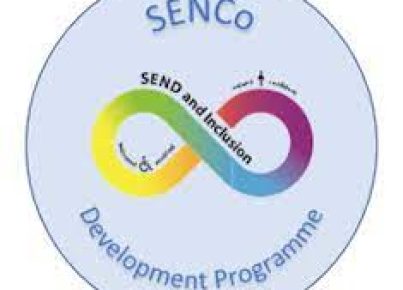Introduction
In today’s fast-paced and interconnected world, the ability to work together as a team is an essential skill for success. As educators, we have the responsibility to equip our pupils with the necessary tools to thrive not just academically but also in social situations. One of the most crucial aspects of teamwork is the development of social skills. In this article, we will discuss the importance of fostering social skills in pupils and provide some strategies that can be implemented in the classroom to improve teamwork.
The Importance of Social Skills
Social skills, such as communication, empathy, and cooperation, play a significant role in maximizing learning experiences and achieving academic success. By developing these abilities, students can form strong bonds with their peers and teachers, making it easier for them to work together on group projects and activities. Furthermore, social skills are not limited to school settings; they also directly impact students’ future personal lives, relationships, and careers.
Strategies for Developing Social Skills
1. Create a positive classroom environment: The first step toward cultivating social skills in pupils is providing a safe and supportive classroom atmosphere where students feel comfortable expressing themselves and engaging with their peers. Encourage respect and understanding by discussing appropriate behavior expectations and establishing class rules that promote open communication.
2. Provide opportunities for group work: Assigning group projects enables students to practice teamwork skills such as collaboration, conflict resolution, decision-making, and delegation responsibilities. Scaffold these activities by consistently offering feedback to improve their interactions progressively.
3. Role-playing exercises: Encourage students to participate in role-playing exercises that explore different social situations they might encounter outside of school or during team-based activities. This helps them gain perspective on other people’s feelings while practicing how to communicate effectively.
4. Teach active listening: Active listening is a critical social skill that allows pupils to show empathy understanding when cooperating with others. Instruct students on how to listen mindfully by maintaining eye contact, nodding in agreement, and asking relevant questions to encourage dialogue.
5. Promote self-reflection: Encourage students to reflect on their interactions with others and consider whether their behavior was respectful, understanding, and kind. By engaging in regular self-reflection, students become more aware of their strengths and weaknesses in social situations.
Conclusion
Developing pupils’ social skills will significantly impact their teamwork abilities and overall success in education and beyond. By implementing these strategies in the classroom, educators can help create a supportive environment where students feel confident interacting with each other and working together towards common goals.
In part two of this article series, we will delve deeper into specific techniques for cultivating communication skills, conflict resolution strategies, and methods for promoting empathy among students for stronger teamwork experiences.




